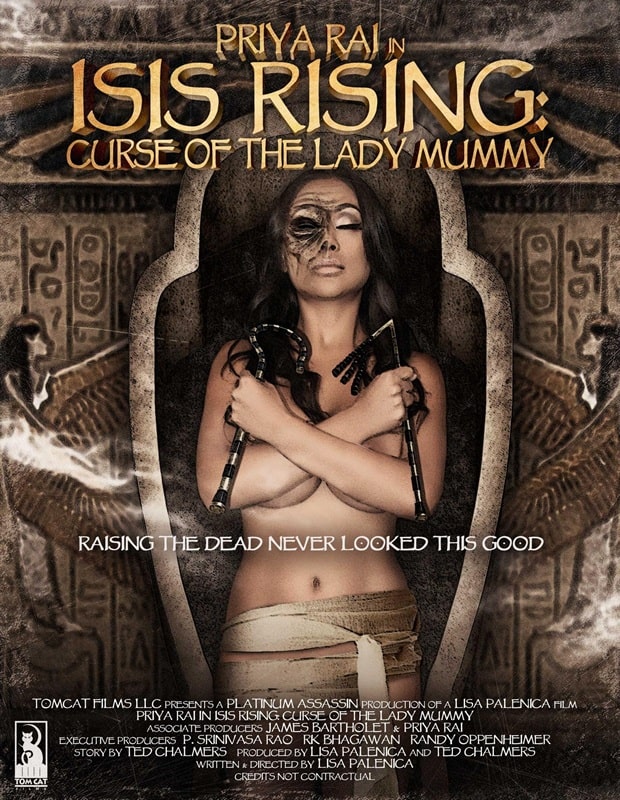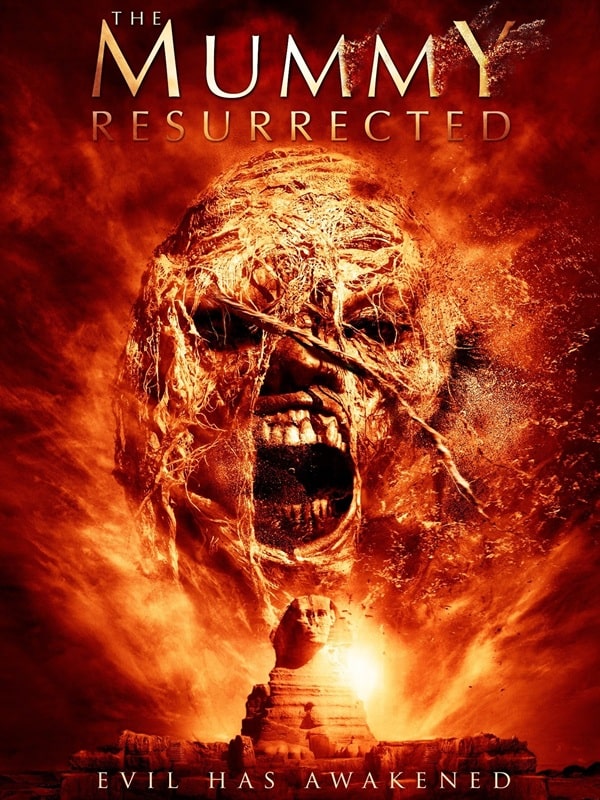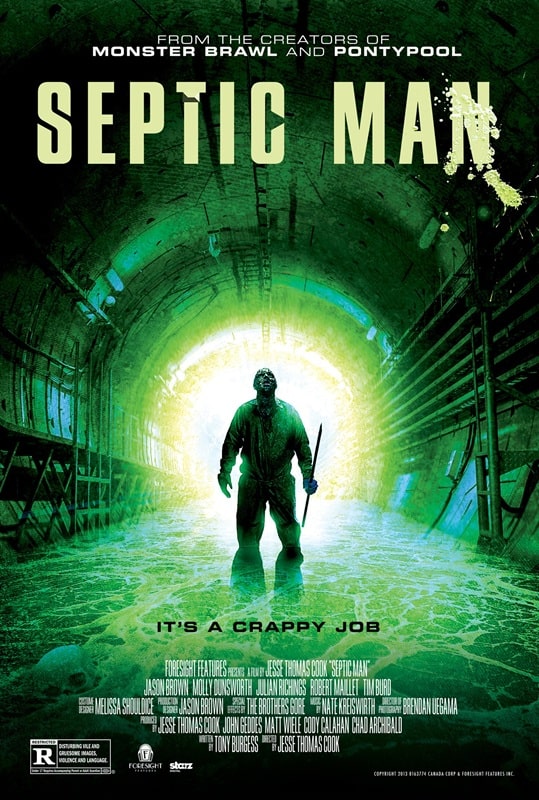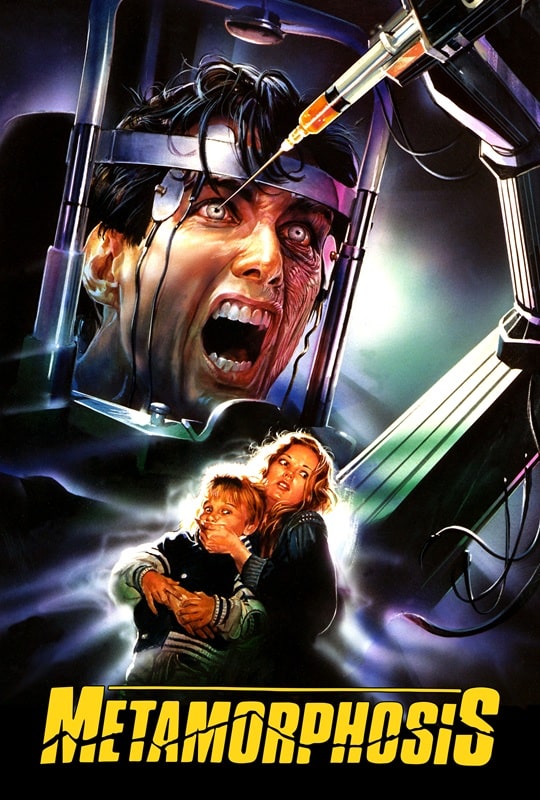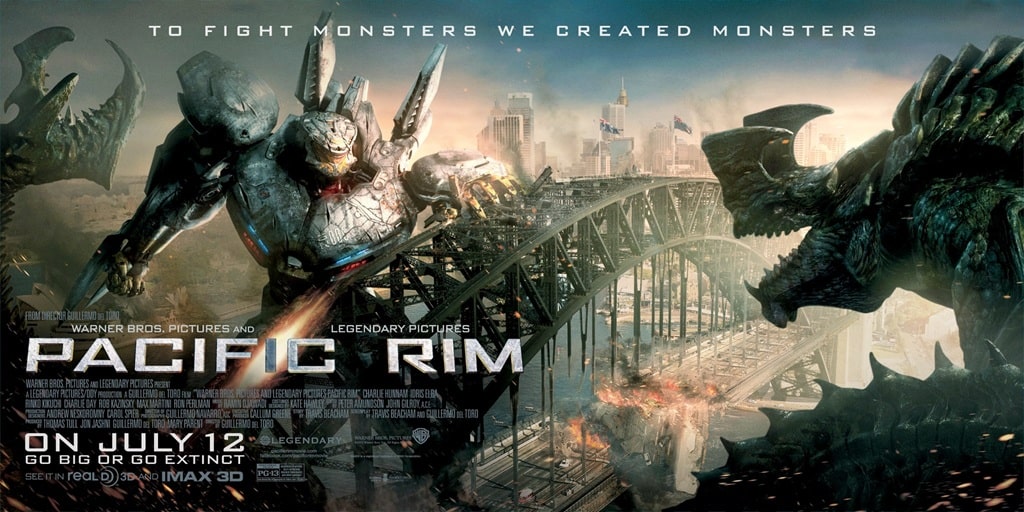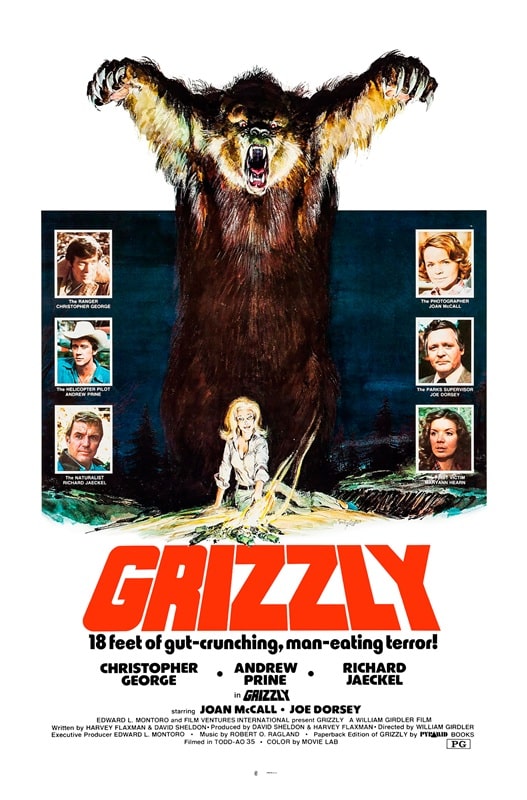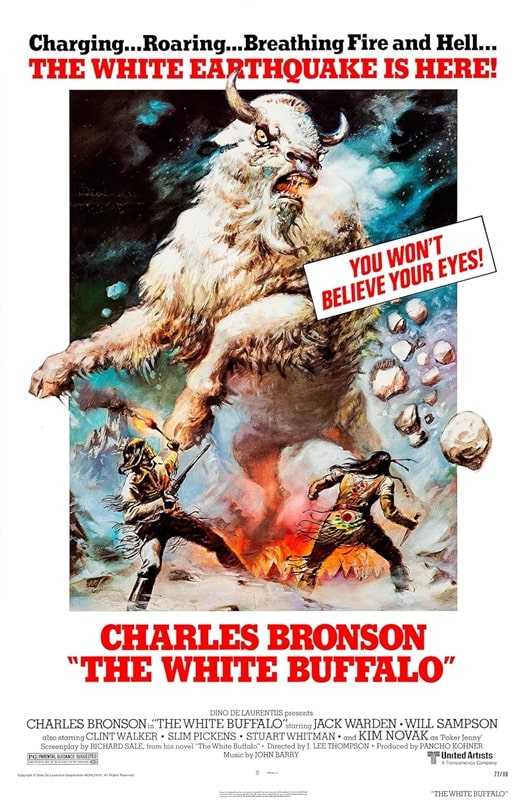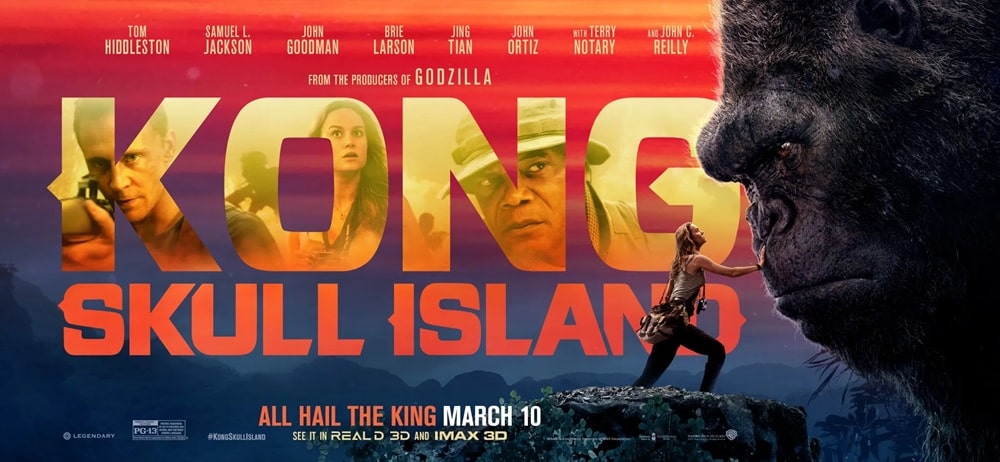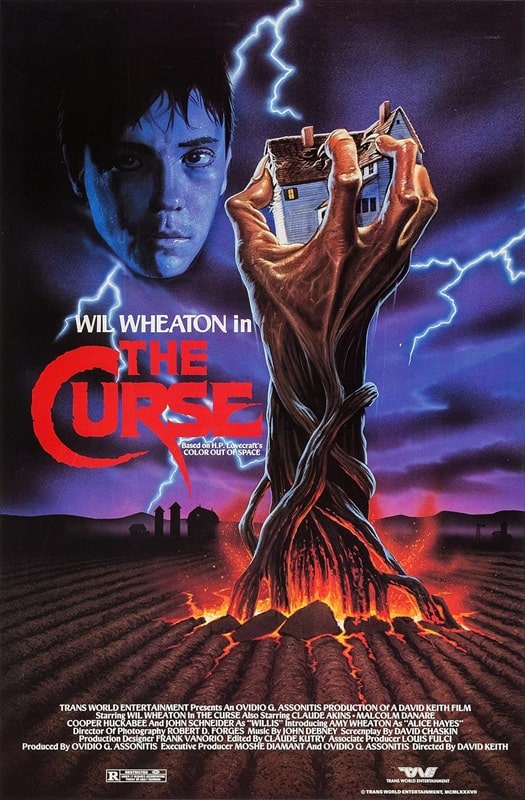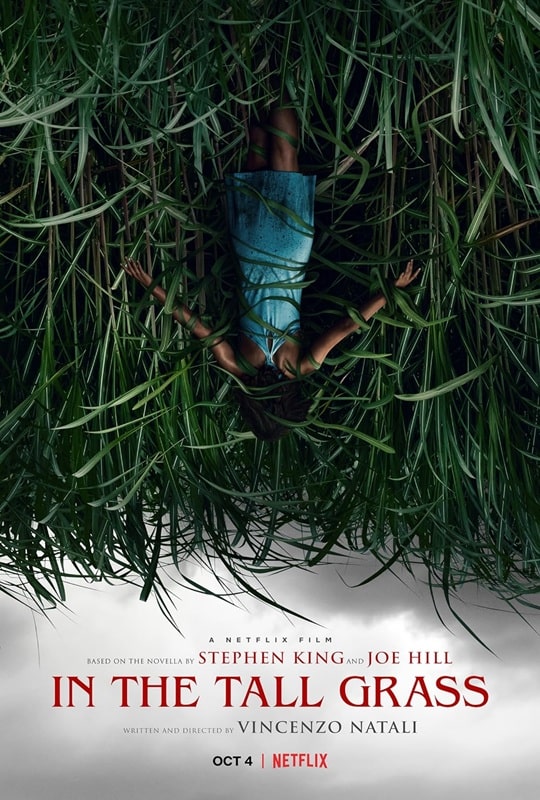Mummy Issues, Part III — That’s a Wrap
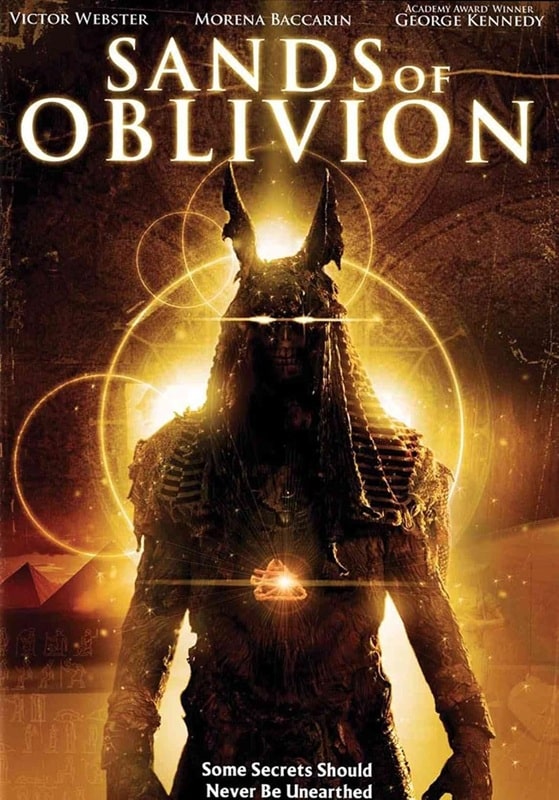
Sands of Oblivion (2007) – Tubi
Quite a mixed bag for this one; a cluster of decent actors, an intriguing storyline, a fun, practical monster, and then… SyFy CG effects, TV-safe horror, a dune buggy chase.
A bunch of scientists, Egyptologists, and film historians find themselves in the Guadalupe-Nipomo Dunes in Santa Barbara, CA, site of Cecil B. De Mille’s epic production of The Ten Commandments. They are there to oversee the digging up and relocation of the original sets, but wouldn’t you know it, old Cecil used real artifacts in his film, and one is a cursed amulet that sets free a demonic force hellbent on destroying the world.
Or something.
